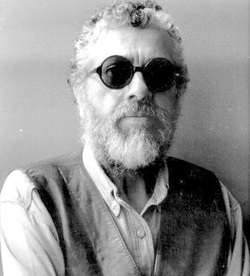 Gunmen with rifles shot and killed one of Latin America's most famous folk singers, Facundo Cabral, on Saturday, causing outrage and grief across the region. The Argentine singer / poet & novelist was on his way to Guatemala's main airport when gunmen attacked his vehicle, hitting him with at least eight bullets, said city fire department spokesman Jose Rodriguez. He said Cabral's concert promoter Henry Farina also was wounded. The motive is not clear. Cabral rose to fame in the early 1970s, one of a generation of singers who mixed political protest with literary lyrics and created deep bonds with an audience struggling through an era of revolution and repression across Latin America. Guatemalan President Alvaro Colom said he had called his Argentine counterpart Cristina Fernandez to tell her of the slaying. "It seemed to hit her hard and she asked me to keep her informed about how the investigation is developing," he told Argentina's Radio 10. Colom said officials were interviewing survivors and witnesses and analyzing images from video monitors in the area. Cabral was riding in a truck that tried to flee the attackers by driving into a fire station. He was accompanied by a second vehicle carrying bodyguards, according to Guatemalan television station Notisiete. Police spokesman Donald Gonzalez said agents apparently found one of the vehicles used in the attack, abandoned along the highway to El Salvador. It said it was pocked with bullet holes and spent cartridges were found inside. Cabral was a confirmed vagabond, born poor in 1937 in the provincial city of La Plata after his father abandoned their large family. At the age of 9, he began hitchhiking alone up the length of Argentina to beg for a job for his mother. He began singing for tourists in the beach resort of Mar del Plata, and by 1970 became internationally known through his song "No soy de aqui ni alla" _ "I'm Not From Here or There _ which was recorded hundreds of times in many languages. His concerts were a mix of philosophy and folkloric music. He identified himself as an anarchist at times, professing a spirituality unchained to any particular religion. On stage, he celebrated the wisdom of Mahatma Gandhi and Mother Teresa, the humanism of Walt Whitman and the observations of Argentine writer Jorge Luis Borges. He lived mostly on the road, in hotels and with friends, and was named an "international messenger of peace" by UNESCO gave him in 1996. By the end, he often used a cane and had trouble with his vision. People around the world are outraged and his assassination has been a trending topic in the social networking world. This legendary hero will be truly missed and forever loved.
0 Comments
|
ADVERTISE WITH US!FOR ADVERTISEMENT EMAIL [email protected] Archives
February 2024
|
FROM MY BARRIO TO YOUR BARRIO
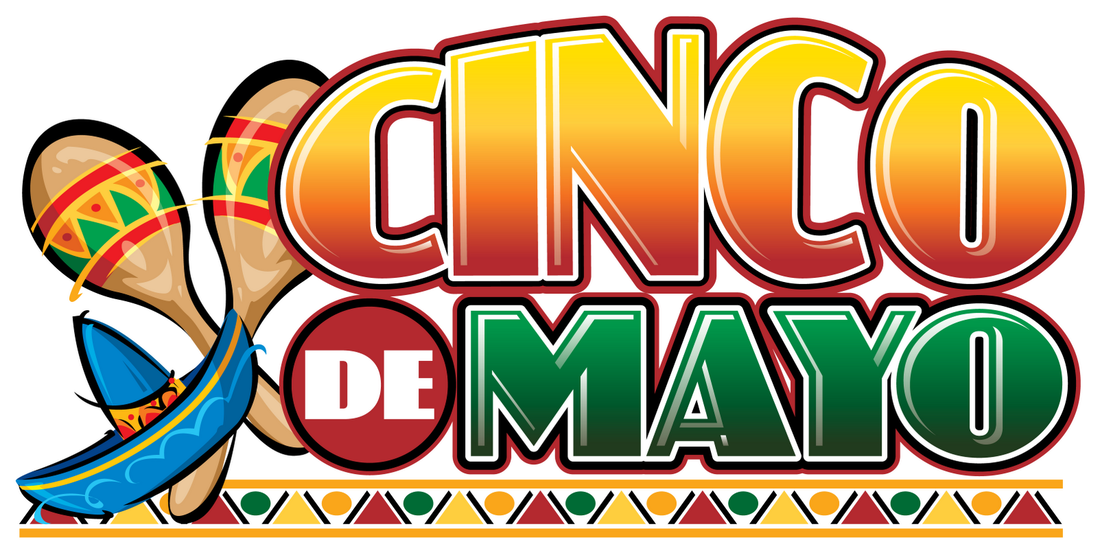


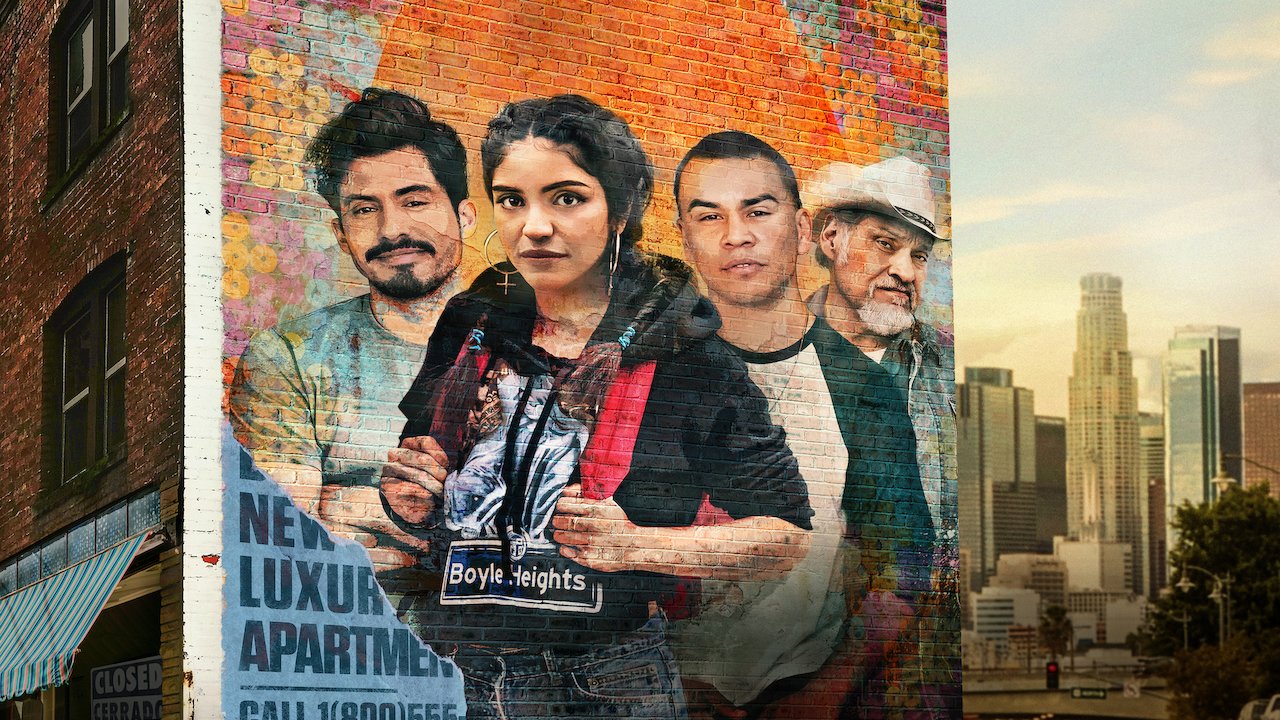
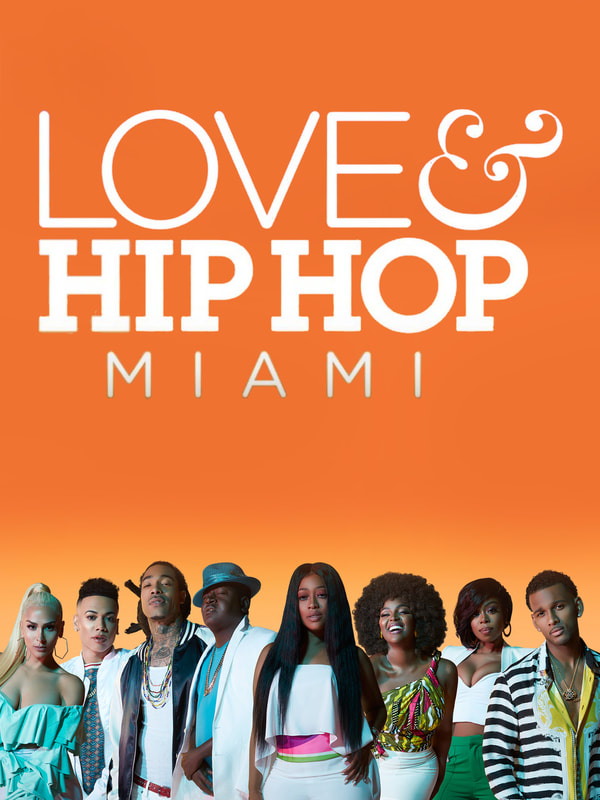


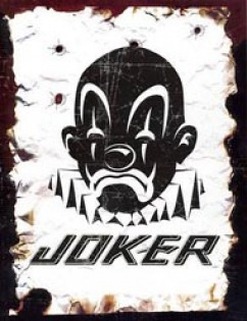
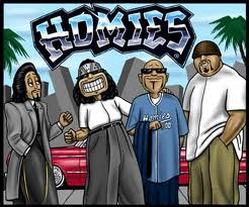
 RSS Feed
RSS Feed